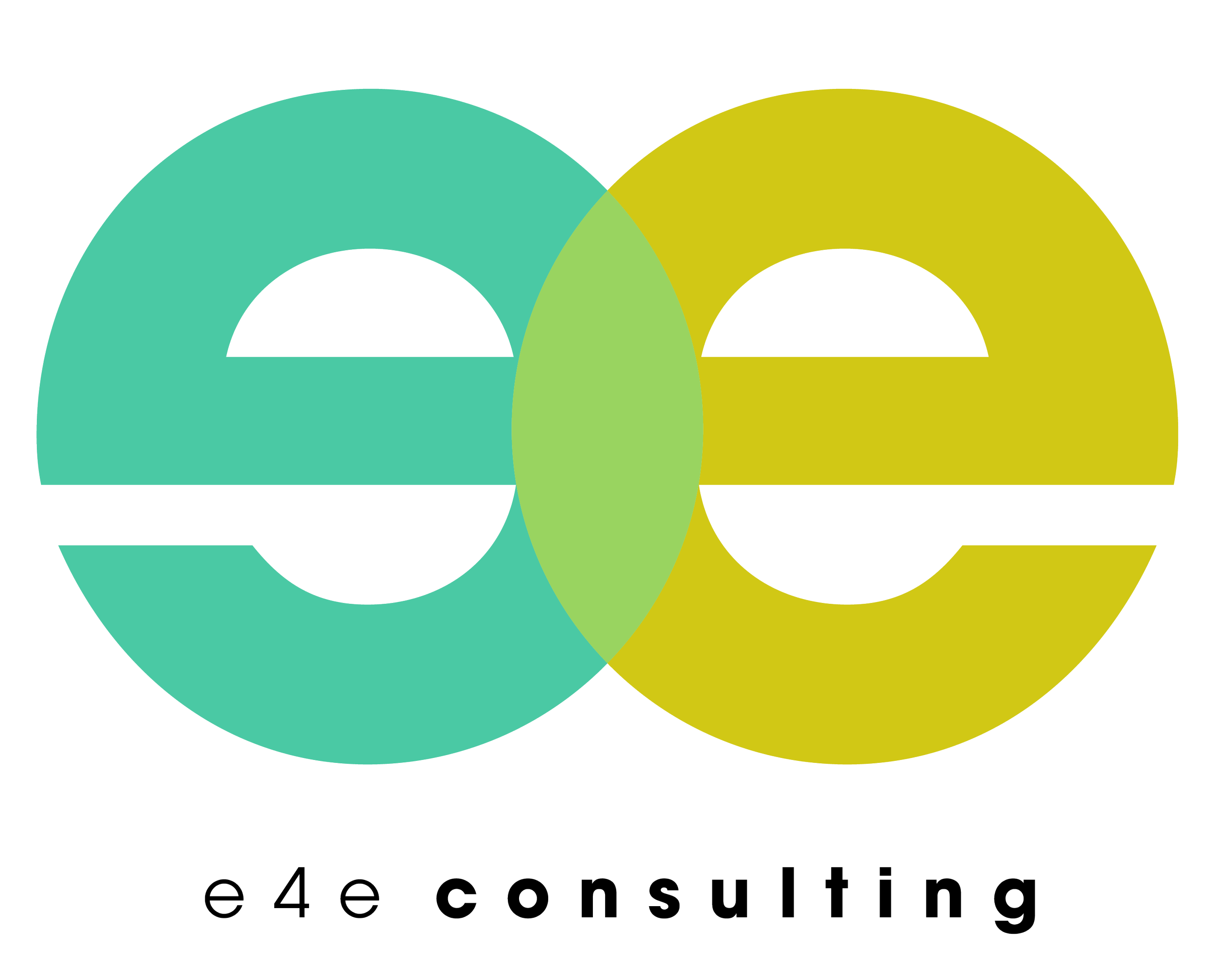We Did a DEI Workshop...Now What?
You did it! You booked the DEI workshop and got buy-in from your team and leadership. After you completed the training, everyone left feeling inspired and ready for action. But now what? How do you maintain momentum and excitement? Here are three steps you can take to do just that:
Step 1: Schedule a debrief session with your team BEFORE the workshop
Getting this meeting on the calendar BEFORE your session is important because it not only ensures that it will happen, but that it will happen soon after the workshop. If it’s too late, and the session has already happened, get the debrief on the calendar as soon as possible.
The objectives of this debrief session are to:
Get a sense of what your team got from the session
Find out what questions they have or what more they need or want to learn
Identify and delegate the most next important steps
Schedule your action plan meeting (detailed in step 2).
Step 2: Create an action plan + committee
One of the best ways to keep momentum after a successful DEI workshop is to set aside time to plan how you’re going to integrate what you learned into the organizational structure. Start a committee or work group to create a plan for how to move forward. Choose 3 tools or strategies from your workshop to integrate into the organization and let your committee be responsible for ensuring implementation.
Step 3: Start a Learning Community
Start a professional learning community. The objective of this group is to continue learning about the topics raised in the workshop. Start simple. Set aside 30 minutes to an hour once a week or month to discuss one topic of interest raised by your team. Use media as a centerpiece. Choose a chapter of a book or clip from a film, news article, etc. to read and discuss. This ensures that prep is minimal. You can even start a book club and read books that pertain to the topic.
Step 4: Continue to work with an outside consultant
Hiring an outside consultant is helpful because that person’s sole responsibility in the relationship is to support you in reaching your goals. They are not bogged down by other organizational responsibilities and can focus exclusively on helping your organization make moves. Plus, as an outside person, they can see things you may not see and give feedback that may be difficult to give or receive as an employee.
